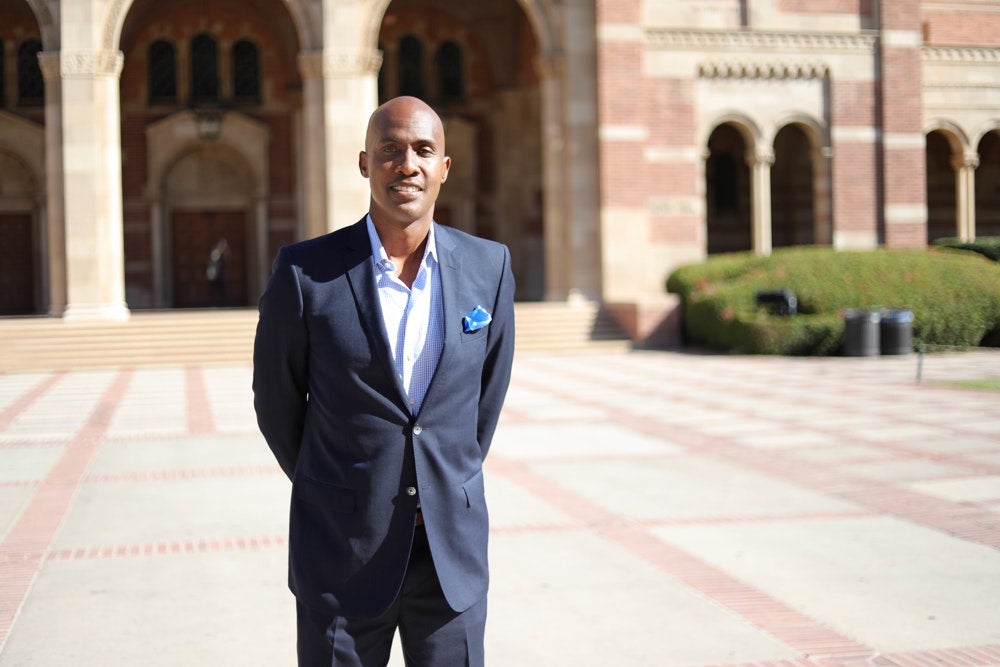UCLA scholars speak out on the end of affirmative action, implications for equity and diversity in education.
(Updated 07/26/23)
Scholars from the UCLA School of Education and Information Studies have expressed concerns for the future of equity in college and university admissions policies in the wake of the Supreme Court’s decision to end affirmative action.
UCLA Professor of Education Tyrone Howard is the founder and director of the UCLA Black Male Institute and the 2023-2024 president of the American Educational Research Association (AERA). In an interview today with CBS News, he called the decision to end affirmative action, “quite disturbing.”
“The majority of the court told us this morning that we live in a colorblind society, that racial preferences should not be considered when it comes to admissions,” said Howard, “despite the fact after four and a half decades of trying to undo racial injustice, the court seems to ignore the fact that we’ve had several centuries of discrimination and racial exclusion.”
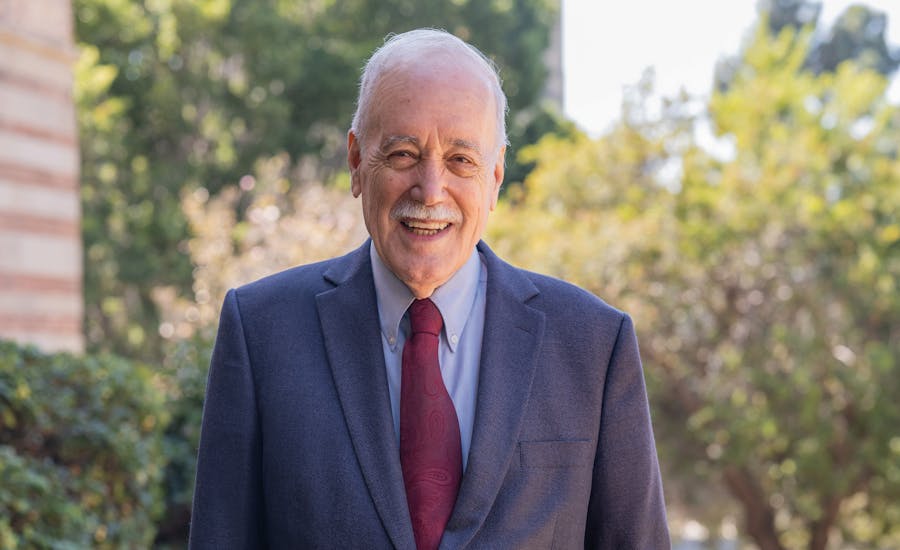
Gary Orfield, UCLA Distinguished Research Professor of Education, Law, Political Science and Urban Planning
Howard is also the director of the UCLA Pritzker Center for Strengthening Children & Families, which supports foster children, youth and families as well as the services provided to them, across Los Angeles County. He noted that the end of affirmative action does not forbid students to include personal experiences in their applications to colleges and universities.
“… It is not illegal for students to talk about their experiences and if race may have been a factor, that can be included,” said Professor Howard. “I think that’s a bit of a “wink-wink” to students and applicants to say, ‘Listen, while race may not be a factor, it doesn’t preclude me from talking about the fact that my experiences – like many folks in this country – have been profoundly shaped by issues tied to race.'”
Howard noted that, “Now is the time for universities to be creative and innovative in how they recruit and where they recruit. I’ve watched universities in our athletic fields. They find very creative ways to find students as early as 7th, 8th, and 9th grade. Now, the academic [side] has to do the same thing. We need to go to those churches, those community organizations to talk to parents and kids at an early age, and say, ‘We want you, we want to help support you to get here.’”
Professor Howard underscored the role of affirmative action in diversifying workplaces and higher education and said that California’s Proposition 209, instituted in 1996, caused, “…a significant drop-off in the number of people of color, not only on college campuses and university campuses, but in also in the workplace.”
“Our workplaces, our universities, our learning spaces are much better when more diversity is in place. Part of what I hope that universities do, much like workplaces do, are more intentional, creative and more thoughtful about how they take steps and efforts to create a more inclusive and diverse workplace and learning space.
“… The fact that we hone in on race as if it were such a divisive factor, such an unfair variable in this equation to me, speaks to the ways in which this country is still is not comfortable talking about race. Whenever we can exploit race, whenever we can try to minimize race, it just creates less opportunity for those who are constantly fighting for greater inclusion and opportunity.
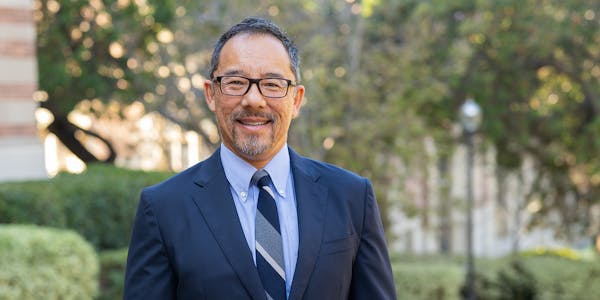
Mitchell Chang, Associate Vice Chancellor for Equity, Diversity and Inclusion
UCLA Distinguished Professor of Education, Law, Political Science and Urban Planning Gary Orfield is the founder and co-director of the Civil Rights Project/Proyecto Derechos Civiles at UCLA. He was quoted by The Washington Post, saying that, “Higher education is increasingly necessary for any job that will get you into the middle class and any job that will produce economic gains for the individuals, for communities and for states.”
In anticipation of the Supreme Court decision, Professor Orfield commented last week on a new measure in California, Assembly Constitutional Amendment 7, which would allow state funds to support programs that could improve the health, education or economic well-being of specific racial, ethnic and sexual or gender groups.
“Who knows how the state Supreme Court would interpret language like this or what kinds of issues would be invented that would require interpretation,” Orfield said to Cal Matters.
Mitchell Chang, UCLA interim vice provost for equity, diversity and inclusion and UCLA professor of education, noted to NPR today that after statewide bans on race-conscious admissions went into effect in Michigan, California and Washington, modifications to “race-conscious scholarships, race-conscious programming, race-conscious recruitment” followed. Professor Chang said that today’s ruling, “may have a much broader sweep, in fact, than just with admissions.”
Professor Chang was quoted in Bloomberg as saying that affirmative action afforded a “shortcut” to colleges and universities that in the wake of the decision, will force them, “…to have to do the harder work. They’ll have to invest significantly more into recruiting.” In a NPR interview, he stated California’s efforts to step up diversity among its student body in the wake of the state’s affirmative action ban is, “… work that doesn’t happen overnight.” Chang also told USA Today that the Supreme Court’s decision will have little effect on making college admissions seems more equitable.
“There’s always going to be this sense that it’s unfair,” he said, referring to Ivy League and other elite schools that accept fewer than 10% of students. “If we remove race-conscious admissions, it’s not like these institutions are going to accept more students. The numbers and percentages of winners will remain the same. in many ways, when you’re trying to select between hyper-qualified people, the difference between getting in and rejected is almost arbitrary.”
Chang also noted to NPR that for many minority students, attending an institution that is less diverse due to an affirmative action ban, “puts them at greater risk of being stereotyped and being isolated,” and told WSJM that, “It’s well proven … that having a more diverse student population adds value to students’ learning and experiences.”
Eddie R. Cole, UCLA associate professor of education and history, is the author of “The Campus Color Line: College Presidents and the Struggle for Black Freedom.” In an opinion piece for The Guardian, he states that, “…a more dire reality undergirds the court’s decision: it reflects a decades-long drive to return higher education to white, elite control.”
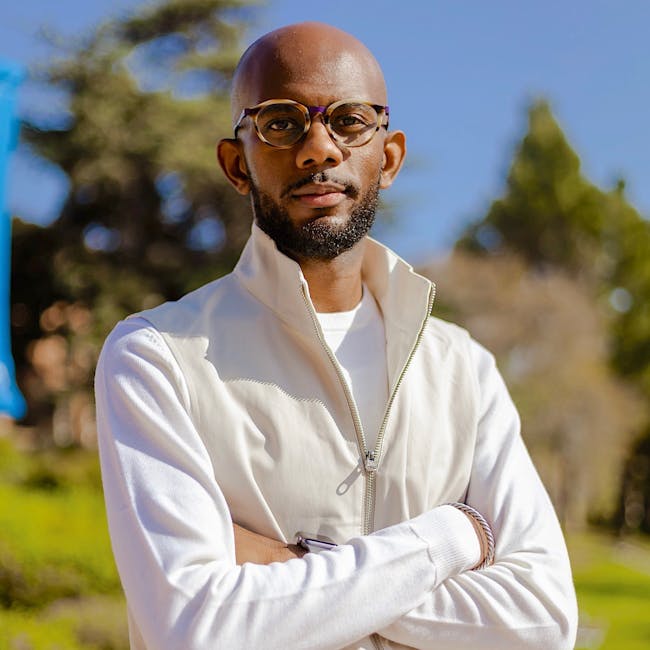
Eddie R. Cole, UCLA associate professor of education and history
Cole asserts that, “…no entity impacts American life more than higher education. During the Reconstruction era following emancipation, Black people were allowed to advance in political and various other roles, but white powerbrokers drew a hard line at higher education.
“The dismissal of race and racism dialogue in higher education should alarm all Americans, because the Supreme Court decision is not about restricting unfair racial advantage in college admissions – it is about maintaining the social inequality that has long restricted most Americans, regardless of their race, while a few are allowed to preserve and maintain their privileged status in society. The result is a weakened university that does not solve racial problems but instead upholds them.”

Debra Duardo (’94, M.S.W. ’96, Ed.D. ’13), Los Angeles County Superintendent of Schools
Professor Cole also appeared on CNN, and spoke about the drop in enrollment for Black freshmen in California at schools such as Berkeley and UCLA, in the wake of Proposition 209.
“If this decision was made in 1996 and we fast forward to 2023, nearly three decades later to say the numbers have finally improved … imagine what this is going to look like on the national level,” said Cole. “You need to think about the legacy and impact across racial groups, and why there are disparities decades after decade despite so many policies.”
Debra Duardo, L.A. County Superintendent of Schools, gave a statement on the LACOE website, stating her deep disappointment in the Supreme Court’s decision.
“This decision marks a significant step backwards in our ongoing fight for racial justice, educational equity and inclusivity in our schools and wider society,” Duardo stated. “Affirmative action has long been a key driver toward addressing systemic disparities and breaking down barriers to equal opportunity. It recognizes the reality of our nation’s historical inequities, providing a platform for students from underrepresented backgrounds to gain access to the high-quality education they deserve.”
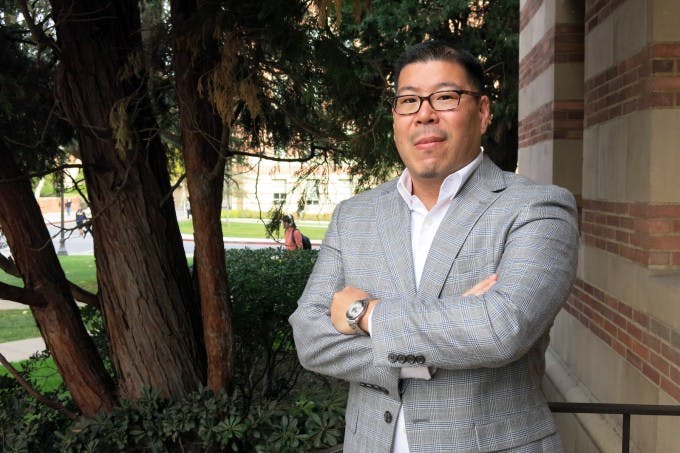
Robert Teranishi, professor of education and Morgan and Helen Chu Endowed Chair in Asian American Studies at UCLA
Robert Teranishi, professor of Social Science and Comparative Education, and the Morgan and Helen Chu Endowed Chair in Asian American Studies at UCLA, told the San Francisco Examiner today that ending affirmative action could discourage students of color from applying to selective public universities.
“After Proposition 209, there was not only a decline in the admit rate of students of color, but a precipitous decline in students of color applying to particular University of California campuses,” said Teranishi, who serves as co-director for the Institute for Immigration, Globalization and Education at UCLA. “There is potential for this to occur on a much larger scale unless the higher education community finds a way to demonstrate to the public their commitment to providing access for students of color.”
